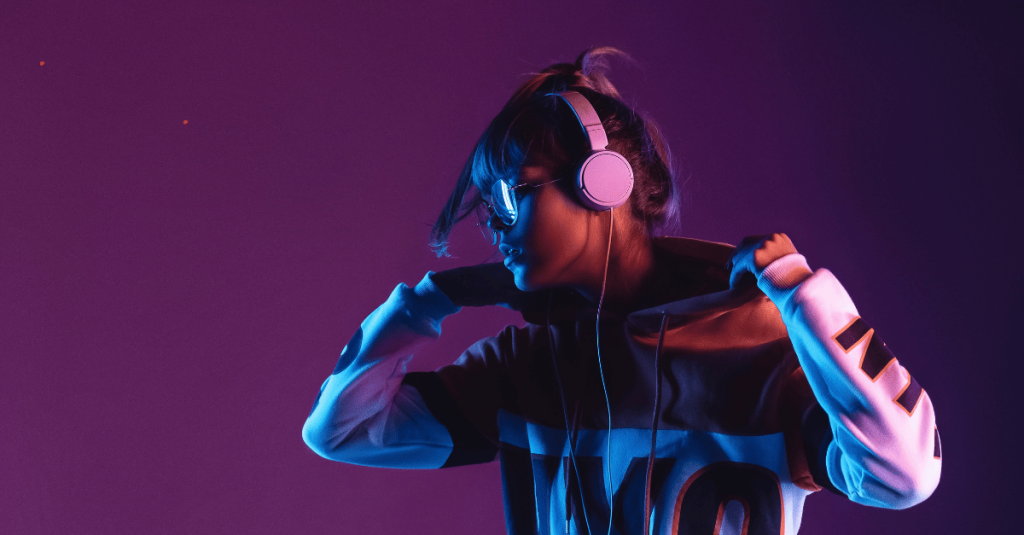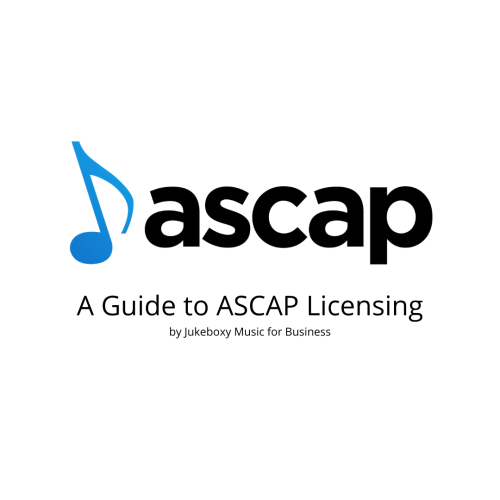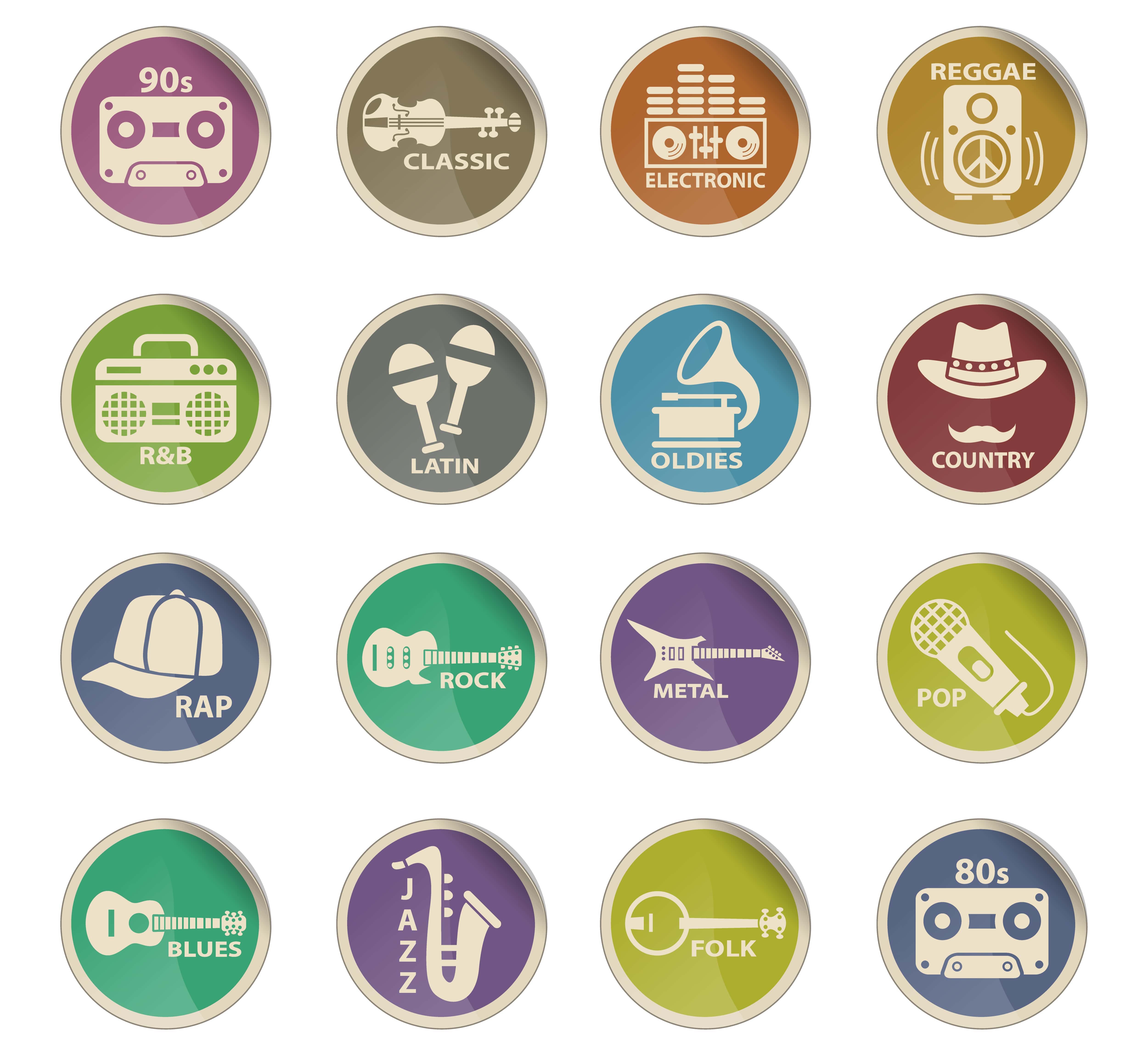
Apple Music has established itself as a major player in the music streaming industry since its launch in 2015. Known for its vast licensed music catalogue and user-friendly features, Apple Music provides an excellent listening experience for personal use. However, businesses looking to enhance their customer experiences with music should be aware of the licensing requirements and the limitations of using Apple Music in commercial settings. This article explores the essentials of using Apple Music for business, the historical context of Apple Music for Business, and the alternatives available for businesses today.
Apple Music’s Personal Use License
Apple Music, with its robust subscriber base exceeding 112 million as of 2024, caters extensively to personal users. The service offers an impressive array of features including access to a vast library of over 100 million songs, curated playlists that cater to a variety of moods and genres, and the capability to download music for offline listening. Geared specifically towards individual enjoyment, Apple Music’s subscription is designed for private, non-commercial use. This delineation ensures that subscribers can relish the music at home, during commutes, or in any personal setting, but it strictly prohibits the use of the service in any public or commercial venue without appropriate licensing.
The cost of subscribing to Apple Music underscores its aim to provide value while maintaining high-quality service. For individuals, the service costs $9.99 per month, which includes seamless integration across all Apple devices, providing a cohesive and user-friendly experience. Additionally, there are family plans available at $14.99 per month, which allow up to six members to enjoy the service simultaneously, making it a cost-effective option for households. This licensing structure, coupled with competitive pricing and extensive music offerings, makes Apple Music a popular choice among personal users worldwide. However, the use of this service in a public or commercial setting would require additional licensing, typically through a Public Performance License, to ensure compliance with copyright laws and to support fair compensation for artists and creators.

The Need for a Public Performance License (PPL)
Businesses that intend to use music from streaming services like Apple Music in public venues such as restaurants, stores, or offices need to secure a Public Performance License (PPL). This license is critical to ensure compliance with copyright laws and to properly compensate artists and songwriters. Without this license, businesses risk facing legal consequences, including fines and litigation, for copyright infringement. Public performance licenses are issued by performing rights organizations (PROs) such as ASCAP, BMI, and SESAC in the United States, which collect fees on behalf of songwriters, composers, and music publishers.
Securing a PPL is not just a legal formality; it’s a fundamental aspect of respecting and supporting the creators of the music. When music is played in public, it can enhance the atmosphere, influence customer behavior, and even increase sales, making it a valuable asset for any business. By obtaining the necessary licenses, businesses contribute to the sustainability of the music industry, ensuring that those who create the music are rewarded for their work. This process allows businesses to legally use vast catalogues of music while ensuring that all parties involved are compensated fairly for their contributions to the cultural and economic value that music brings to public spaces.
Apple Music for Business: A Brief Venture
In 2019, Apple sought to expand its market reach by introducing ‘Apple Music for Business,’ a service tailored to meet the needs of businesses. This venture was designed to offer B2B music streaming solutions, featuring venue-specific music recommendations that could enhance the customer experience in commercial settings such as retail stores, cafes, and more. The service aimed to provide businesses with the legal framework to use Apple’s extensive music library in a way that complied with copyright laws, offering a legitimate streaming solution for public spaces.
However, despite its potential, Apple Music for Business was quietly discontinued. The decision to phase out this service was influenced by strategic shifts following mergers, which led Apple to reassess its business offerings. It was determined that maintaining Apple Music for Business no longer aligned with their core objectives, especially in relation to servicing small businesses and franchises. This led to a significant gap in the market, leaving many businesses in search of alternative solutions that could offer similar benefits without compromising on legal compliance or musical variety.
Alternatives for Business Music Streaming
With the discontinuation of Apple Music for Business, companies need to look for alternative services that are specifically tailored for commercial use. As businesses seek to legally stream music that complements their brand’s atmosphere and enhances customer experience, services like Jukeboxy emerge as suitable solutions. Jukeboxy offers a fully licensed music catalogue for business environments, ensuring that all music played complies with copyright laws. This service not only helps businesses avoid legal issues but also supports the music industry by ensuring that artists are compensated for their work.
Jukeboxy distinguishes itself by providing venue-specific music recommendations, which are essential for businesses aiming to strengthen their brand identity through music. Whether it’s a cozy café, a bustling retail shop, or a professional office environment, Jukeboxy’s tailored playlists can significantly enhance the ambient experience, encouraging customer retention and satisfaction. By filling the gap left by Apple Music for Business, Jukeboxy and similar platforms offer comprehensive solutions that cater to the unique needs of diverse business environments, making them invaluable partners in the commercial use of music streaming.
Transferring Existing Playlists to Jukeboxy
For businesses that have curated extensive playlists on Apple Music and are looking to switch to a service like Jukeboxy, the transition can be seamless. Jukeboxy offers specialized tools and support to help business owners transfer their existing Apple playlists into their system with ease. This feature ensures that businesses can maintain the musical identity they’ve worked hard to build while staying compliant with legal music licensing requirements.
Switching to Jukeboxy allows businesses to not only keep the music their customers love but also enjoy peace of mind, knowing they are paying the appropriate license fees. Unlike consumer music services like Spotify, Jukeboxy is specifically designed for businesses, meaning it’s fully licensed for commercial use. Business owners can avoid the legal complications of playing music through services not intended for public performance, all while enjoying a platform that offers high-quality music services tailored for businesses.
With Jukeboxy, the process of moving playlists is simple and efficient, minimizing any disruption in the atmosphere created by carefully chosen music. Whether a business is looking to play background music in a restaurant, retail store, or spa, Jukeboxy ensures that all the necessary legalities are covered, leaving business owners free to focus on what they do best. By choosing Jukeboxy, businesses not only enhance their environment but also guarantee they are using a legal music service that meets their commercial needs.
Thanks to Jukeboxy’s user-friendly system and dedicated support, businesses can continue playing the music their customers enjoy without skipping a beat.
The Importance of Licensed Music Catalogues
Utilizing licensed music catalogues from services specifically designed for business use is crucial for maintaining legal compliance and supporting the music industry economically. Services like Jukeboxy ensure that music played in public venues is fully licensed, thus avoiding potential legal issues related to copyright infringement. By paying royalties appropriately, these services ensure that artists and songwriters are compensated for the use of their work in various commercial settings. This not only benefits the creators but also contributes to the sustainability of the music industry.
This ethical approach is vital for businesses that aim to uphold a reputation of responsibility and integrity within the community. Adopting licensed music services demonstrates a commitment to respecting and supporting the creative efforts of musicians and composers. For businesses, this practice enhances their public image and builds trust among customers who value ethical considerations. This commitment to ethical practices in music licensing can significantly impact customer loyalty and enhance a business’s standing in the community, aligning their operational practices with broader social values.
While Apple Music provides an exceptional service for personal use, its limitations for business use highlight the importance of choosing the right streaming service for commercial environments. With features like live spatial audio and Dolby Atmos, Apple Music offers a rich and immersive experience for individual listeners. However, commercially licensed background music services like Jukeboxy offer practical, legal, and ethical solutions for businesses wanting to enhance their spaces with music. By selecting a service designed for commercial use, businesses can provide brand-enhancing music experiences, stay compliant with copyright laws, and contribute positively to the music industry.







